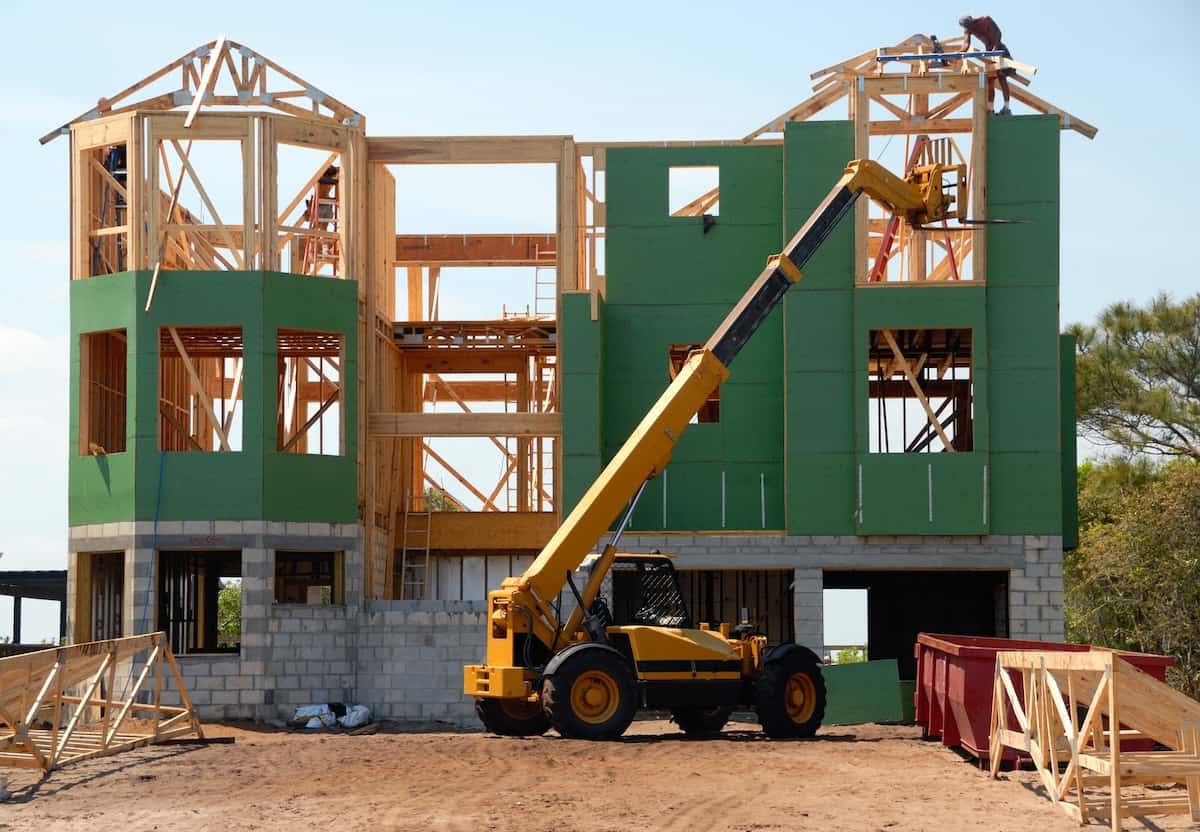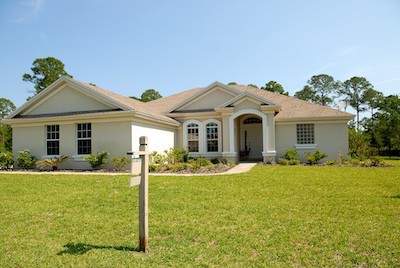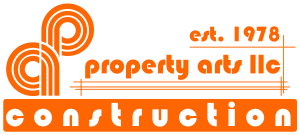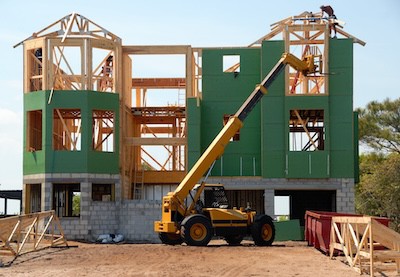
27 Nov Is Building a Home During a Recession a Good Idea?
Embarking on the journey of building a home during a recession raises eyebrows, yet it’s a decision many consider. In this article, we delve into the nuances of this choice, examining its feasibility, benefits, and potential pitfalls. Is building a home during a recession a good idea? Let’s explore.
Market Fluctuations and Home Values
The Silver Lining: Lower Property Values
One of the silver linings in this economic cloud is the potential for lower property values. During a recession, housing markets often experience a dip in prices. For prospective home builders, this can translate into a unique opportunity to secure a property at a more affordable rate.

Seizing Cost-Effective Investments
The wise adage “buy low, sell high” resonates profoundly in real estate. Building during a recession allows you to acquire land or existing properties at a lower cost, setting the stage for a potentially lucrative investment when the market rebounds.
Navigating the Buyer’s Market
A recession often tips the scales in favor of buyers. With fewer people entering the housing market, sellers may become more flexible in negotiations. This could mean not only a reduction in property prices but also more favorable terms for those venturing into home construction.
Bargaining Power in Negotiations
Builders can leverage the buyer’s market to negotiate better deals with sellers, contractors, and suppliers. This newfound bargaining power can contribute significantly to cost savings throughout the construction process.
Financing Challenges
However, securing financing could be challenging. Lenders might be more cautious, demanding stringent criteria.
The Complex Landscape of Loan Approvals
Embarking on the journey of building a home during a recession requires a sturdy financial vessel to navigate the complex waters of loan approvals. Is building a home during a recession a good idea? The answer hinges, in part, on your ability to secure financing in a challenging economic climate.
Stricter Criteria and Increased Scrutiny
Financial institutions tend to adopt a more cautious stance during recessions. Loan approval criteria become more stringent, and applicants face increased scrutiny of their financial profiles. Lenders, in an effort to mitigate risks, may demand higher credit scores, lower debt-to-income ratios, and more extensive documentation.
Seizing Opportunities: Low Interest Rates
The good thing is that there is a potential for lower interest rates during a recession. For those with the financial capability to secure a mortgage, the reduced interest burden can translate into substantial long-term savings. However, the challenge lies in predicting the optimal time to capitalize on these favorable rates amidst economic fluctuations.
Government Incentives and Programs
Some regions offer incentives and programs to stimulate the construction sector during economic downturns. Researching and tapping into these initiatives can provide a financial boost and alleviate some of the challenges associated with securing traditional loans.
The Pros of Building During a Recession
Despite economic uncertainties, there are compelling reasons to consider this venture.
Cost Savings
Building during a recession often means lower construction costs and favorable deals from contractors and suppliers.
Customization Opportunities
With less demand for new homes, builders may offer more customization options, allowing you to tailor your dream home.
Supporting the Local Economy
Your project contributes to the local economy by providing jobs and business to struggling industries.
Potential Drawbacks to Building a Home During a Recession
Every decision comes with its own set of challenges.
Financing Hurdles
Navigating loan approvals may be trickier, demanding a robust financial profile.
Resale Value Concerns
A recession might impact future resale values. Careful consideration is crucial for a long-term investment.
FAQs
Q: Can I secure a mortgage during a recession? A: While it’s challenging, with a strong financial standing, securing a mortgage is possible.
Q: Will building during a recession affect the quality of construction? A: Not necessarily. Diligent research and hiring reputable contractors mitigate this risk.
Q: Are there government incentives for building during a recession? A: Some regions offer incentives to stimulate the construction sector. Research local programs for potential benefits.
Q: How can I safeguard my investment during economic uncertainties? A: Diversify your investment portfolio, stay informed on market trends, and consult financial experts.
Q: What should I prioritize in my home construction during a recession? A: Focus on essential features and quality construction to ensure long-term value.
Q: Is it advisable to wait for the recession to end before starting construction? A: Timing is critical. If you have a stable financial foundation, starting during a recession can yield cost advantages.
Conclusion
In conclusion, building a home during a recession has both risks and rewards. Thorough research, financial stability, and a long-term perspective are key. Navigate wisely, and you might turn economic challenges into a unique opportunity.


